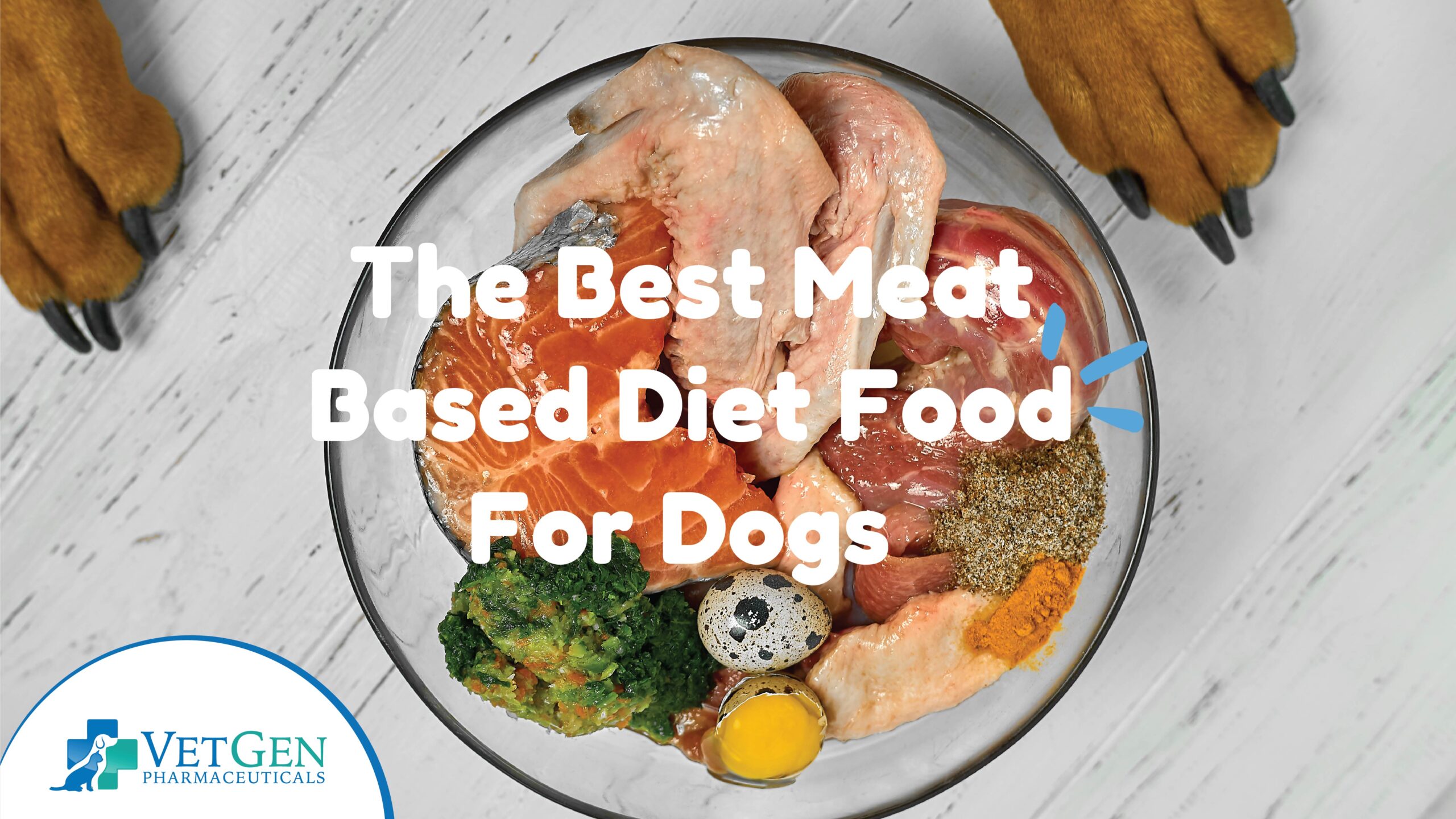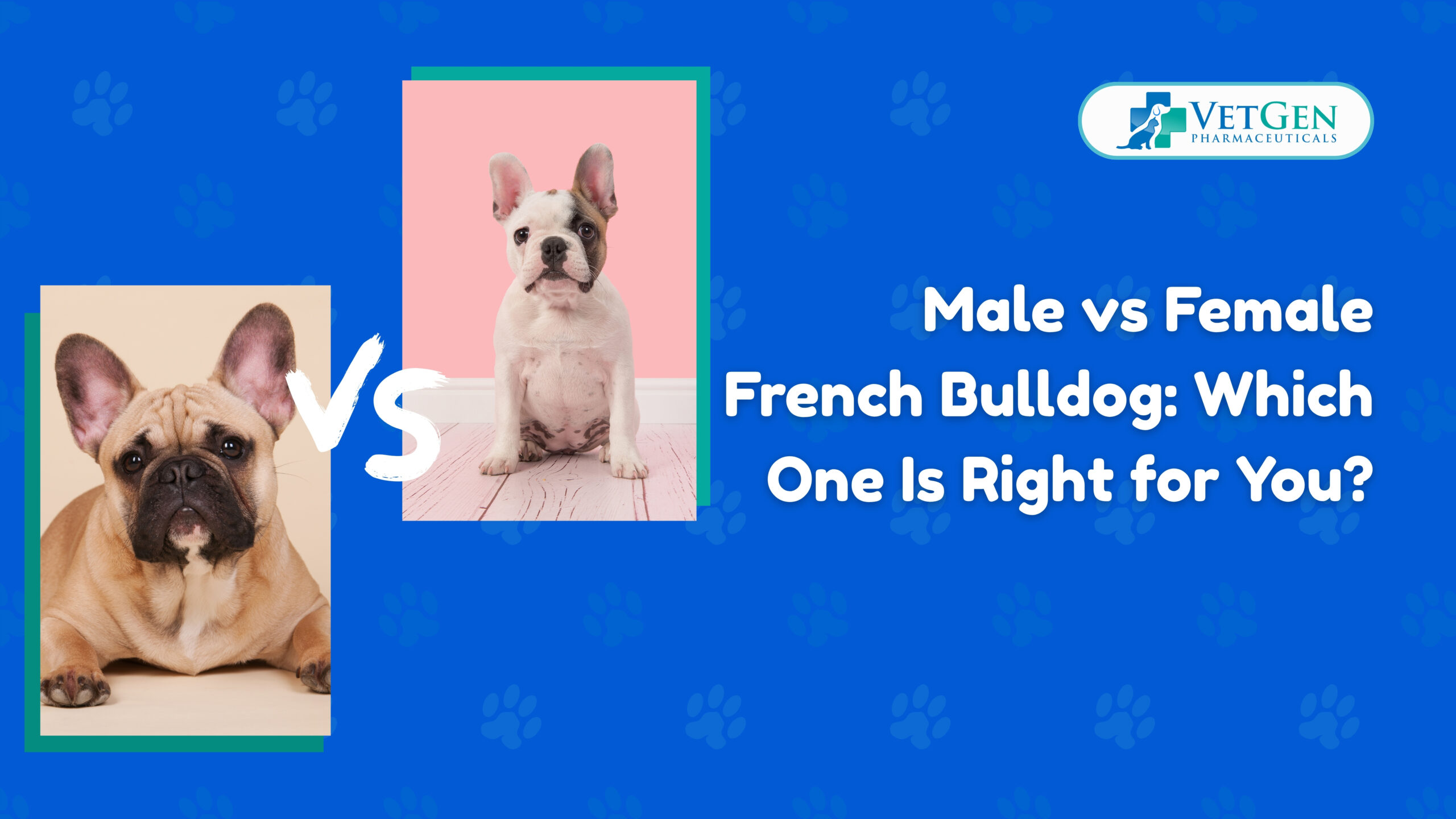When it comes to feeding our dogs, choosing the right diet is essential for their health and happiness. Meat-based diets, rich in essential nutrients, cater perfectly to a dog’s natural carnivorous dietary needs. These diets offer the high-quality protein necessary for muscle strength and maintenance and supply vital fats, vitamins, and minerals that support overall vitality.
The benefits of a meat-based diet are extensive, from boosting immune function to enhancing coat health. In this blog, we’ll explore meat-based diets ideal for dogs. Whether you’re transitioning to a meat-based diet or seeking to optimize your dog’s current regimen, this guide provides valuable options to help you make the best choices for your furry friend’s nutritional needs.
1. Chicken & Rice:
Chicken and rice dry dog food is a popular choice for dog owners due to chicken being a highly digestible protein source that’s generally well-tolerated by most dogs, even those with sensitive stomachs. Chicken provides essential amino acids that support muscle development and overall health.
Rice, particularly brown rice, offers a source of complex carbohydrates that are easy on the digestive system and provide sustained energy. Together, they make a balanced, nutritious meal ideal for maintaining a healthy weight and energy level in dogs.
2. Beef & Vegetable:
Beef is a rich source of protein and essential nutrients like iron and zinc, which are important for immune function and overall health. Vegetables add fiber, vitamins, and minerals, enhancing the nutritional profile and promoting gut health.
Vegetable Content can be:
Carrots: Provide beta-carotene, which is converted into vitamin A in the body. Vitamin A is vital for maintaining healthy vision, skin, and coat.
Peas are a source of plant-based protein and are high in fiber, which supports digestive health. Peas also contain vitamins like K and B, which are important for bone health and energy metabolism.
Spinach: Loaded with vitamins A, C, K, iron, and antioxidants, spinach helps boost the immune system and combat oxidative stress.
Sweet Potatoes: A great source of complex carbohydrates and dietary fiber, sweet potatoes are also rich in beta-carotene and vitamin C, which support immune function and overall vitality.
3. Lamb & Barley:
Lamb is another excellent protein source, often used for dogs with food sensitivities as it is less likely to cause allergic reactions. Barley is a wholesome grain that provides fiber, essential vitamins, and minerals, supporting a healthy digestive system.
4. Salmon & Pea:
Salmon is high in omega-3 fatty acids, which benefit skin and coat health and cognitive function. Peas are a good source of plant-based protein and fiber, plus they contain essential vitamins that support overall health.
5. Turkey & Sweet Potato:
Turkey offers lean protein, which helps maintain muscle mass without adding excess fat. Sweet potatoes are rich in beta-carotene and dietary fiber, which promote digestive health and immune function.
6. Duck & Potato:
Duck is a novel protein source, often used in hypoallergenic dog foods. Potatoes provide carbohydrates and fiber, making this combination suitable for dogs with sensitivities to more common protein sources.
7. Venison & Brown Rice:
Venison is a lean, novel protein for dogs with allergies or sensitivities. Brown rice is a whole grain that provides essential B vitamins and digestible carbohydrates.
8. Fish & Oatmeal:
Generally made with ocean fish, this type of food is high in protein and omega fatty acids, promoting healthy skin and coat. Oatmeal is an excellent source of soluble fiber, which aids in digestive health and is also good for maintaining stable blood glucose levels.
9. Pork & Lentils:
Pork provides high-quality protein and is a rich source of B vitamins. Lentils are high in fiber and protein but low in fat, making this a balanced option that supports energy levels and muscle health.
10. Bison & Quinoa:
Bison is a lean and rich protein source and, like venison, is less likely to cause allergic reactions. Quinoa is a superfood grain that provides all nine essential amino acids, making it a highly nutritious carbohydrate option.
11. Herring & Pumpkin:
Herring is a fatty fish high in omega-3 fatty acids, which are beneficial for skin, coat, and joint health. Pumpkin is high in fiber and low in calories, aiding digestive health and weight management.
12. Pheasant & Millet:
Pheasant provides a unique source of protein, and millet is an easily digestible grain, rich in iron and B vitamins, suitable for sensitive stomachs.
13. Trout & Wild Rice:
Trout is rich in omega-3 fatty acids, beneficial for maintaining healthy skin and coat. Wild rice is a nutrient-dense grain, high in protein and fiber, and adds a unique flavor.
When considering the best meat-based diet for dogs, it’s essential to focus on providing a balanced, nutrient-rich option that caters to your pet’s specific needs based on their age, size, activity level, and health conditions. Meat-based diets are favored for their high biological value and the ease with which dogs can digest animal proteins.
Things to Consider
A high-quality meat-based diet for dogs should prioritize real, identifiable meat sources as the primary ingredient—such as chicken, beef, lamb, or fish. These ingredients supply the necessary protein for muscle maintenance and growth and provide essential fatty acids, vitamins, and minerals crucial for overall health.
Additionally, the diet should be formulated with a balance of carbohydrates from sources like vegetables and whole grains, which contribute fiber for digestive health and energy for daily activities. Fats from animal sources or oils rich in omega-3 and omega-6 fatty acids are important for maintaining a healthy coat and skin and supporting cognitive and joint health.
Moreover, it is important to select a diet that meets the nutritional standards established by the Association of American Feed Control Officials (AAFCO) to ensure it is complete and balanced. It’s also wise to consider your dog’s specific health needs, such as food sensitivities or health conditions requiring a specialized diet.
Conclusion
In conclusion, the best meat-based diet for dogs is one that provides a comprehensive and balanced approach to nutrition, focusing on high-quality meats and supplementing with other essential nutrients to support a healthy, active, and long life for your pet. Always consult with a veterinarian to tailor the diet specifically to your dog’s individual health needs, ensuring that they receive the best possible care through their dietary choices.
Frequently Asked Questions
What are the benefits of a meat-based diet for dogs?
A meat-based diet provides high-quality protein essential for muscle growth, repair, and overall health. Animal proteins contain all the essential amino acids required by dogs. Additionally, these diets typically include fats vital for skin, coat, and cognitive function.
How do I choose the right meat-based diet for my dog?
Choose a diet that lists a high-quality animal protein (like chicken, beef, lamb, or fish) as the first ingredient. Ensure the food meets AAFCO nutritional guidelines and is appropriate for your dog’s life stage (puppy, adult, senior) and activity level. Consider any specific health needs or allergies your dog may have.
Can all dogs eat a meat-based diet?
Most dogs thrive on a meat-based diet, but some may have health conditions or allergies that require a different type of diet, such as a grain-free, limited-ingredient, or even vegetarian diet in rare cases. Always consult a veterinarian to determine the best diet for your dog’s needs.
What should I avoid in meat-based dog foods?
Avoid dog foods that use meat by-products as the sole protein source or those that list fillers like corn, wheat, and soy high up in the ingredient list. Also, be cautious of foods containing artificial colors, flavors, or preservatives.
How often should I feed my dog a meat-based diet?
Dogs should be fed according to size, age, and energy needs. Most dogs do well with two meals per day, but puppies, particularly of larger breeds, might benefit from more frequent feeding to support their growth.
Are there any risks associated with meat-based diets for dogs?
High-quality meat-based diets are typically safe for dogs. However, diets with excessive fat levels can lead to pancreatitis, while those with insufficient or unbalanced nutrients can cause other health issues. It’s crucial to choose a balanced diet formulated by reputable manufacturers.
Is raw meat better than cooked meat in dog foods?
Raw diets have their advocates and can provide benefits, but they also carry risks of bacterial contamination and nutritional imbalances. Cooked meat in commercial dog foods is generally considered safer and easier to store and handle, and when formulated correctly, it provides balanced nutrition.
Can I prepare homemade meat-based diets for my dog?
Yes, but it requires careful planning to ensure the diet is nutritionally complete. Consult with a veterinary nutritionist to create a balanced homemade diet plan that meets all of your dog’s nutritional needs.
What are the signs that my dog is thriving on their meat-based diet?
Signs that your dog is thriving on its meat-based diet include a shiny and healthy coat, good energy levels, lean muscle mass, clear eyes, and regular bowel movements. Other positive indicators are an absence of allergies or digestive issues and overall good health, as observed and confirmed by regular veterinary check-ups.
How do I transition my dog to a new meat-based diet?
Transitioning your dog to a new meat-based diet should be done gradually over a period of about 7 to 10 days. Start by mixing a small amount of the new food with the old food and gradually increase the proportion of the new food while decreasing the old food. This slow transition helps to avoid digestive upset and allows your dog’s system to adjust to the new diet.






